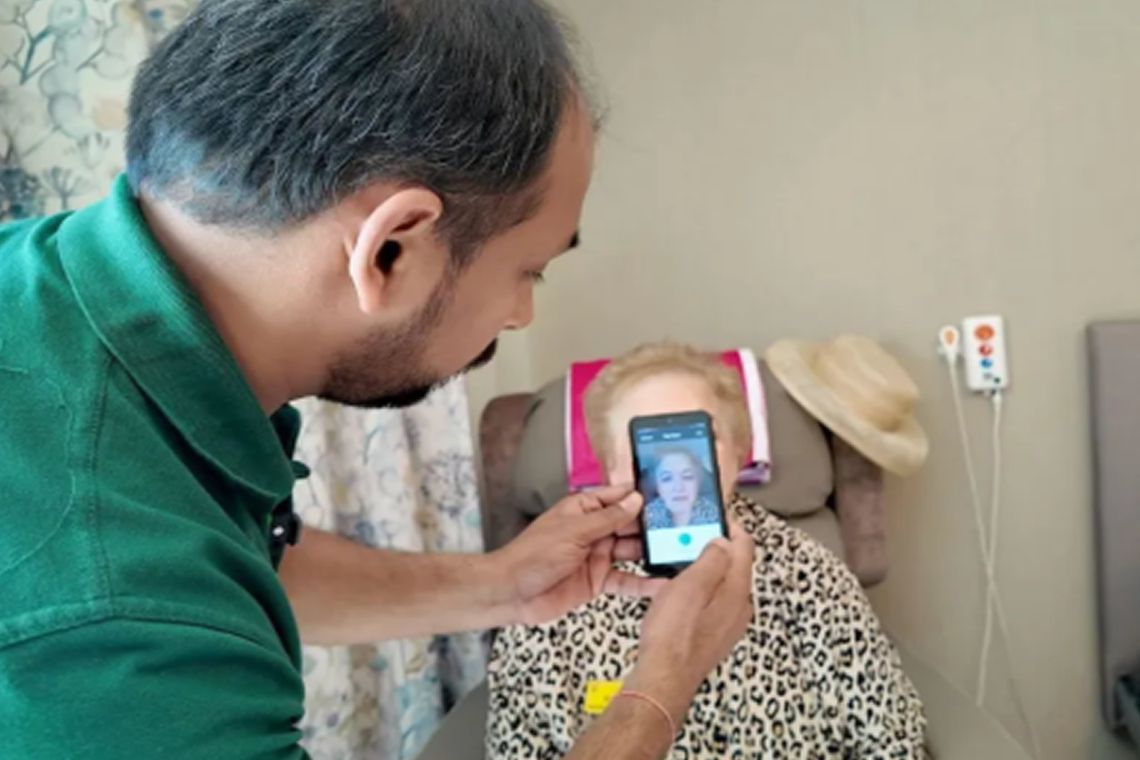Reimagining the Future of Care: AI and Robotics Take the Lead
Robots that train caregivers, AI-powered apps that detect pain, and sensors that monitor sleep could be the future of adult care in the UK. As the population ages, the care sector is increasingly turning to technology and artificial intelligence (AI) to meet growing demand.
However, experts caution against an overdependence on AI. Dr. Caroline Green, Director of Research at the University of Oxford’s Institute for Ethics in AI, emphasized during the AI in Social Care Summit in March that while AI offers promising support, it must not replace human care.
"AI can be part of the solution, but not the whole solution," she warned. Dr. Green highlighted the risks of algorithmic bias, which could reinforce discrimination and stereotyping. She also raised concerns about data privacy and the lack of formal government guidelines on AI use in social care.
“What AI means for those who rely on support will depend heavily on future policy,” Dr. Green explained. “People need to retain the choice of opting out of AI in their care. We must be mindful of how AI may affect both care quality and human interaction.”
Nighttime Monitoring
Thomas Tredinnick, founder of AllyCares, has introduced a sensor-based system that monitors residents’ rooms in care homes overnight. The system records unusual sounds and alerts on-duty carers, enabling quicker responses to potential issues like falls or infections.
Speaking from Oaklands Rest Home in Southampton, Tredinnick said the system reduces the need for routine night checks, leading to more restful sleep for residents and potentially fewer hospital admissions.
Christine Herbert, whose 99-year-old mother Betty is a resident, initially had doubts. “It felt a bit like a baby monitor,” she said. But after being shown data on how the system worked without disturbing her mother, she became more confident in its use.
AI to Detect Pain
At Elmbrook Court care home in Wantage, Oxfordshire, staff are using an AI-powered app called PainChek to identify pain in non-verbal residents.
Deputy manager Aislinn Mullee explained how the app scans facial expressions, gathers information, and provides a pain score to guide treatment. She said it has been invaluable in tailoring pain management and providing reassurance to families, especially during end-of-life care.
Importantly, Mullee noted that the data is encrypted and accessible only to authorized staff.
Training Carers with Robots
At the University of Oxford’s Robotics Institute, researchers are developing robots that help train caregivers. Dr. Marco Pontin and his team have built a robot that can simulate pain responses by flinching when touched too forcefully.
This technology will be trialed with occupational therapy students at Oxford Brookes University. The robot can be programmed to replicate the conditions of real-life patients, offering a “digital twin” experience that allows trainees to practice care techniques in a controlled environment.
“With our ageing population, it's impossible to be everywhere at once,” Dr. Pontin said. “Digital twins could allow caregivers to better understand and respond to patient needs, even from a distance.”
As AI and robotics continue to evolve, the UK care sector is cautiously embracing their potential, balancing innovation with the essential human element that remains at the heart of care.
Found this article interesting? Follow us on X(Twitter) ,Threads and FaceBook to read more exclusive content we post.


